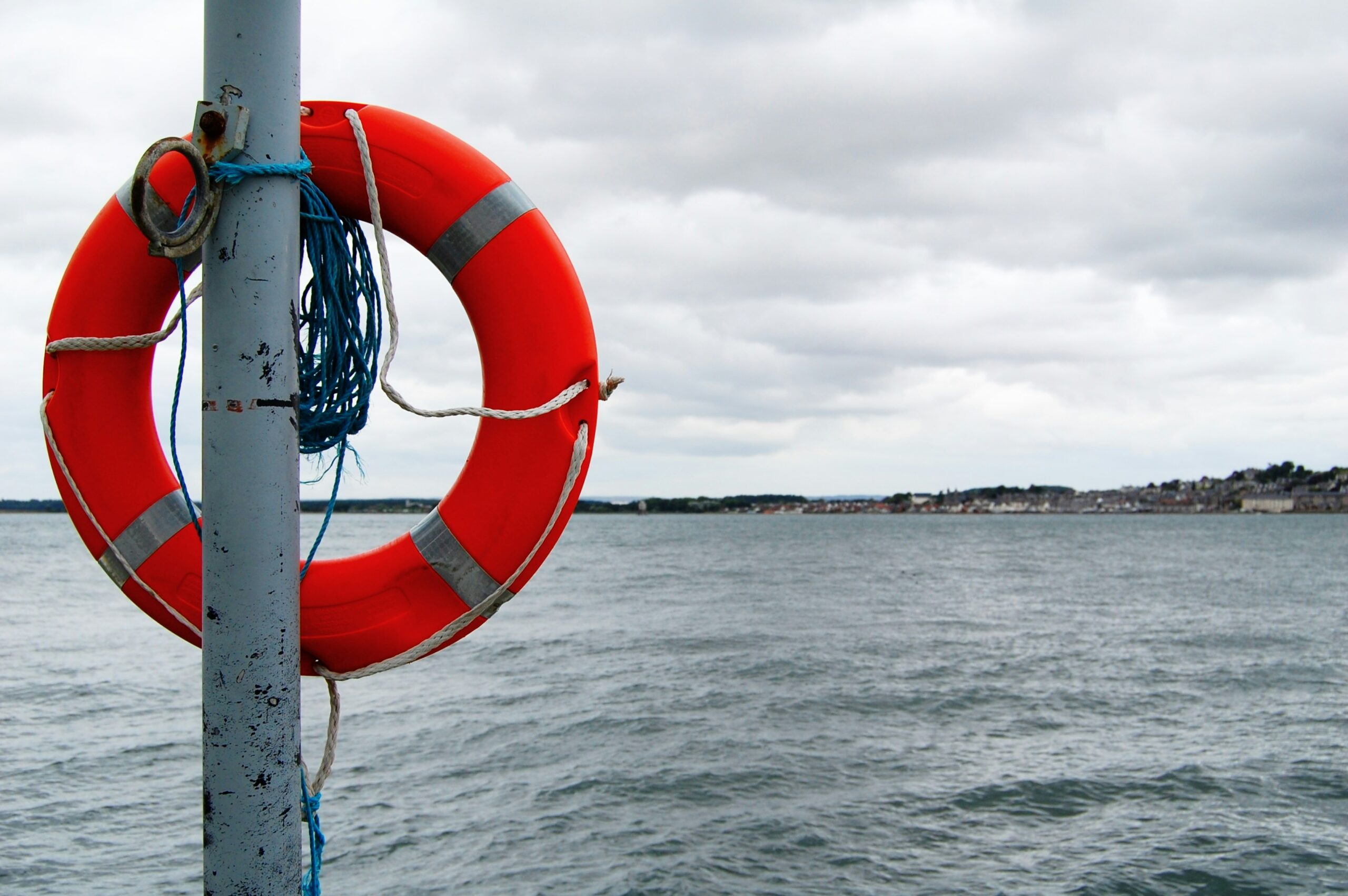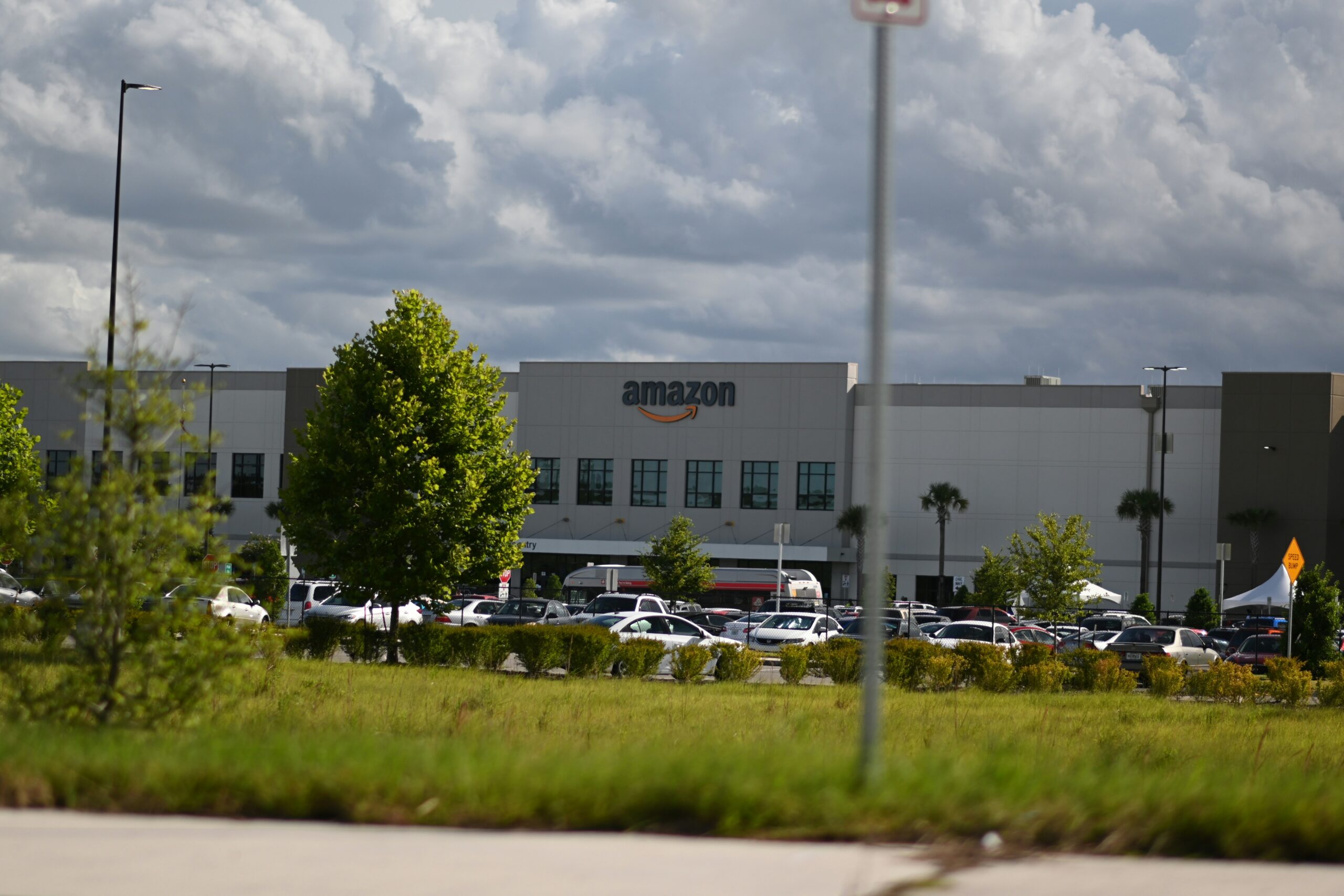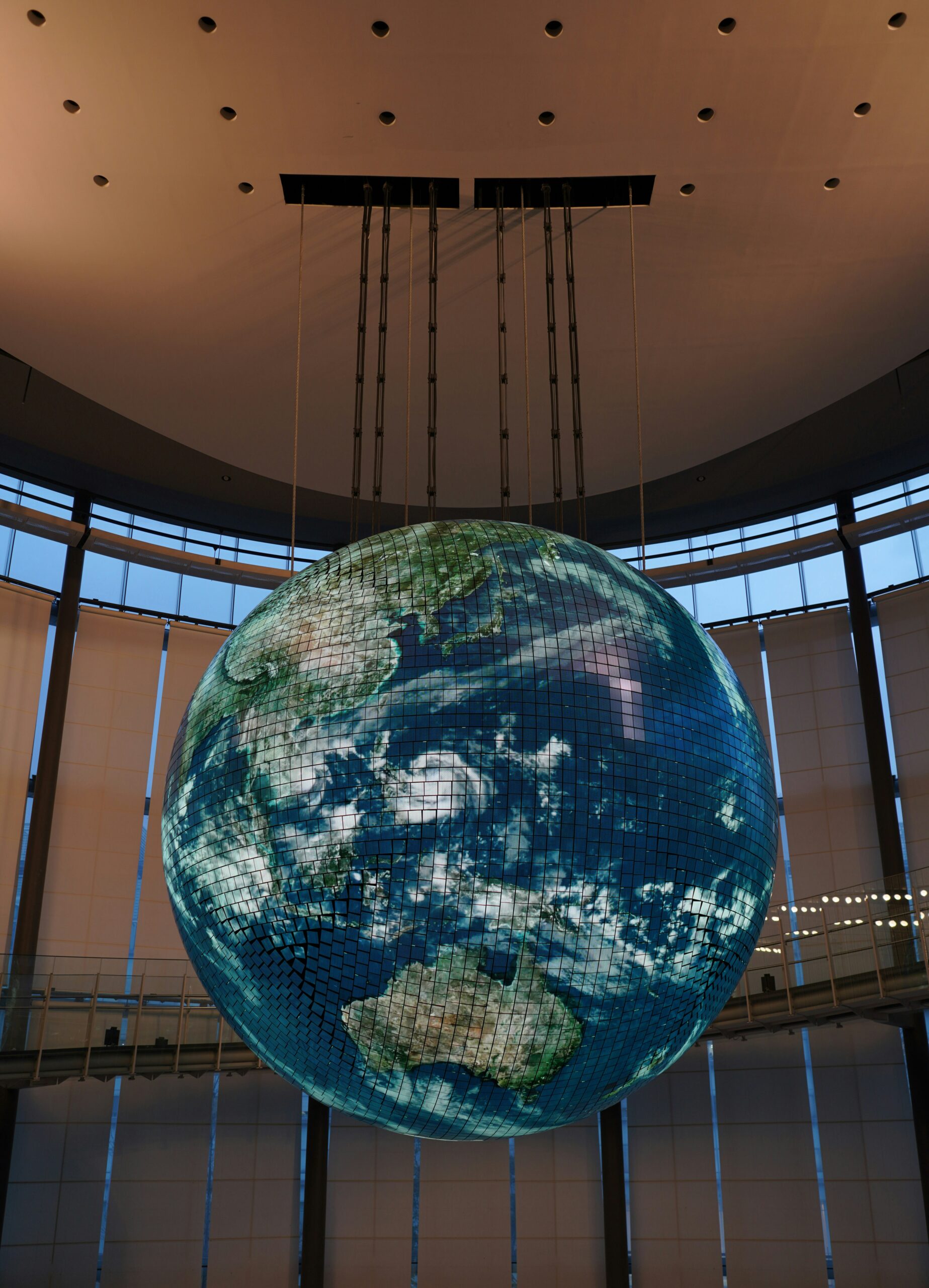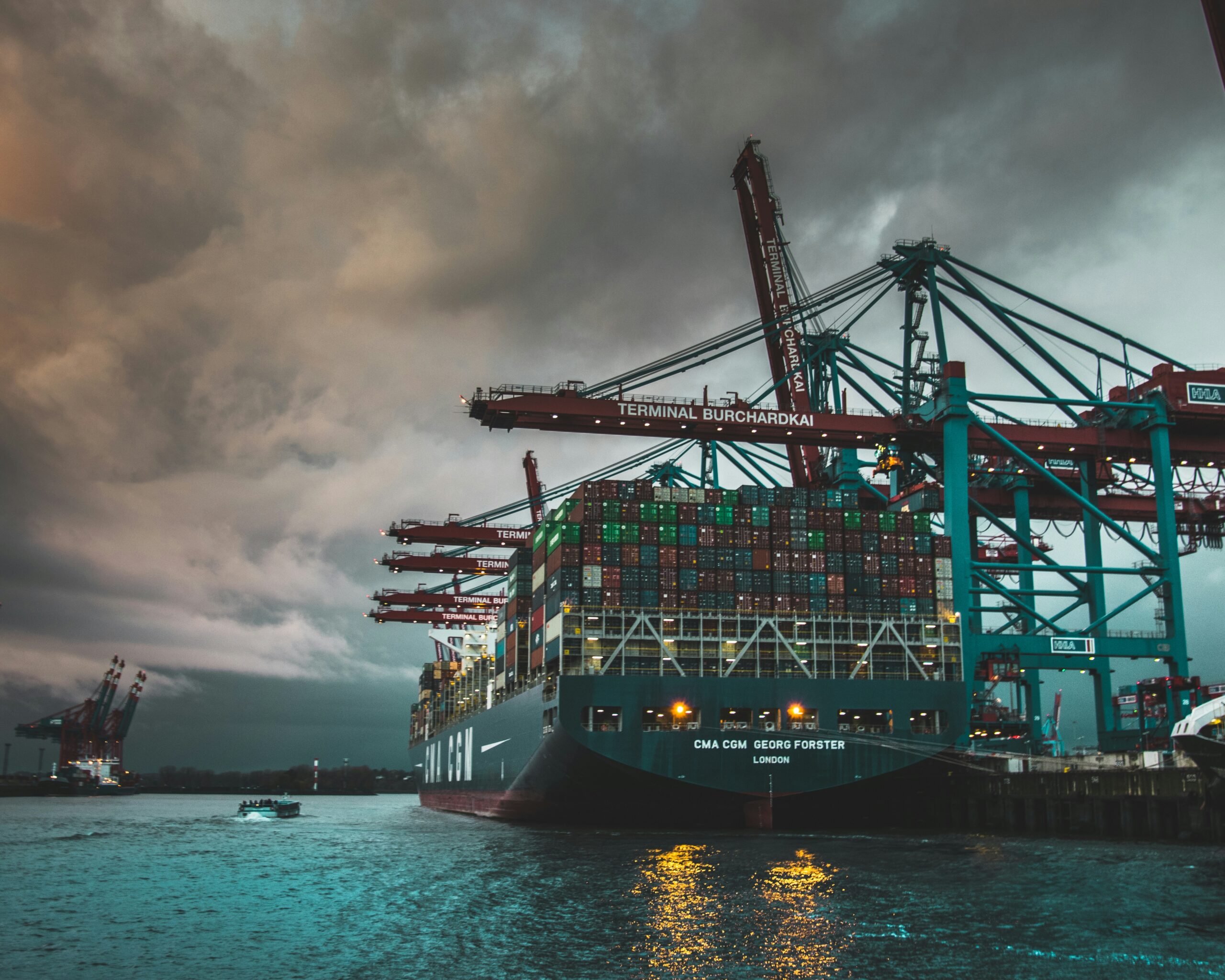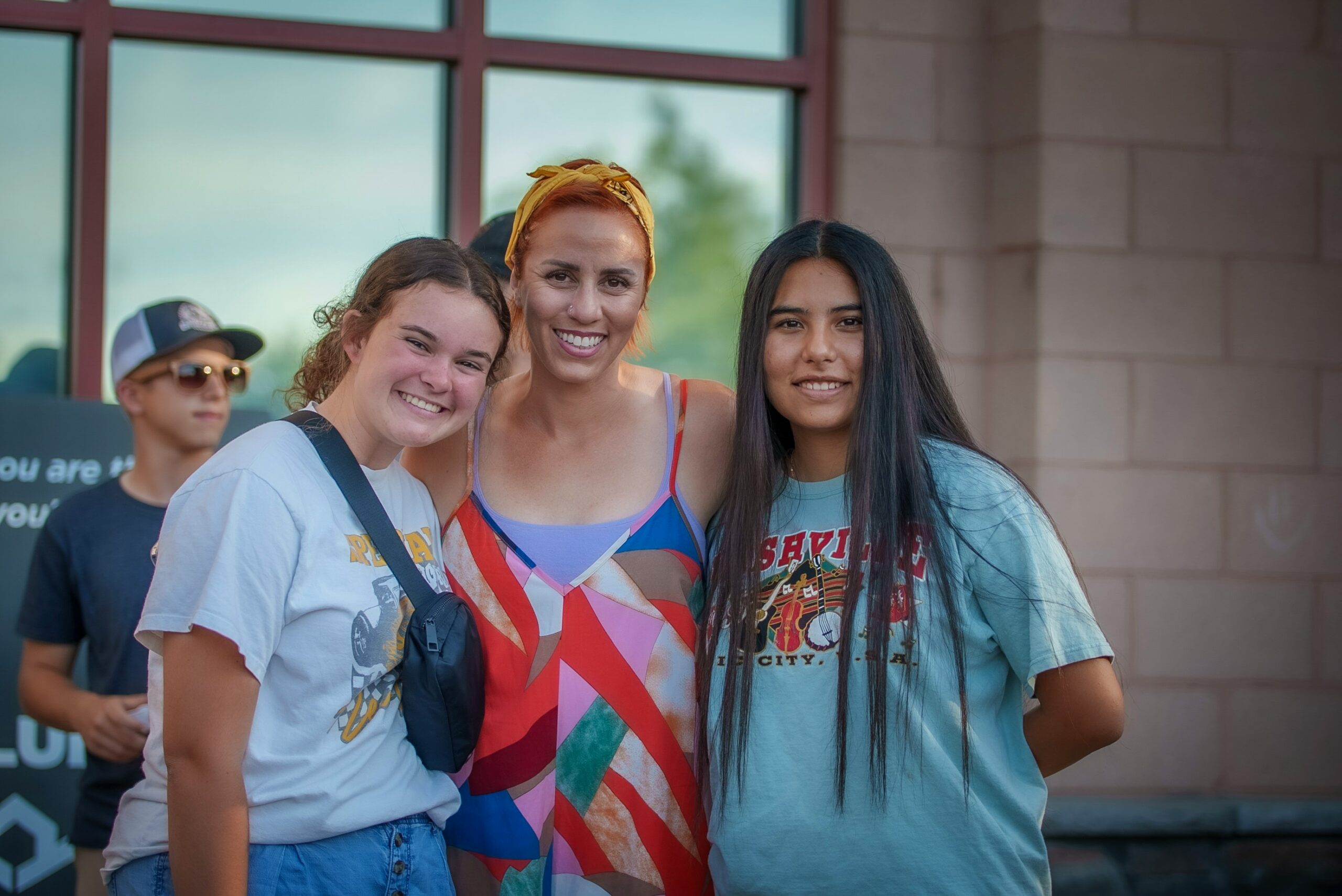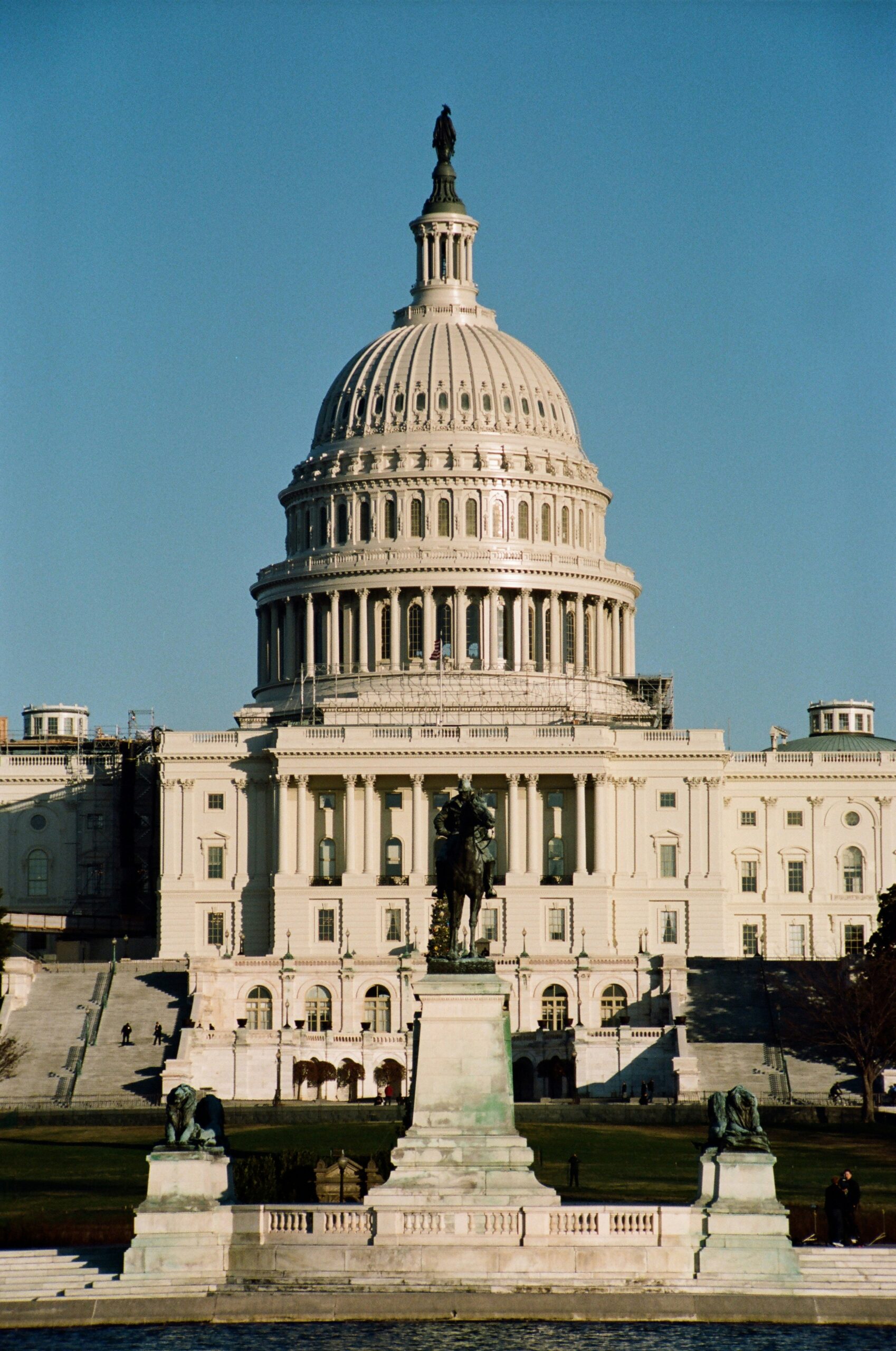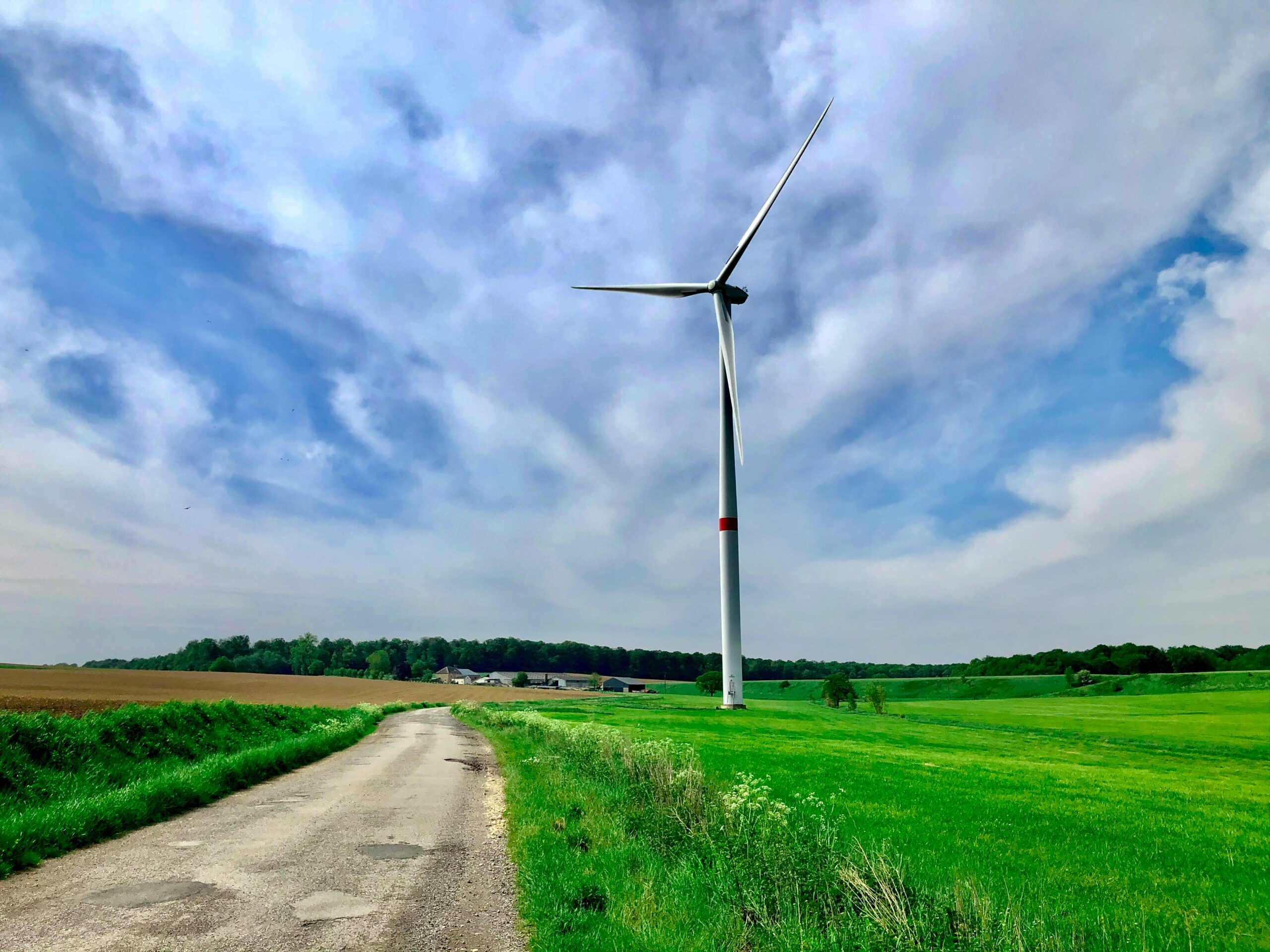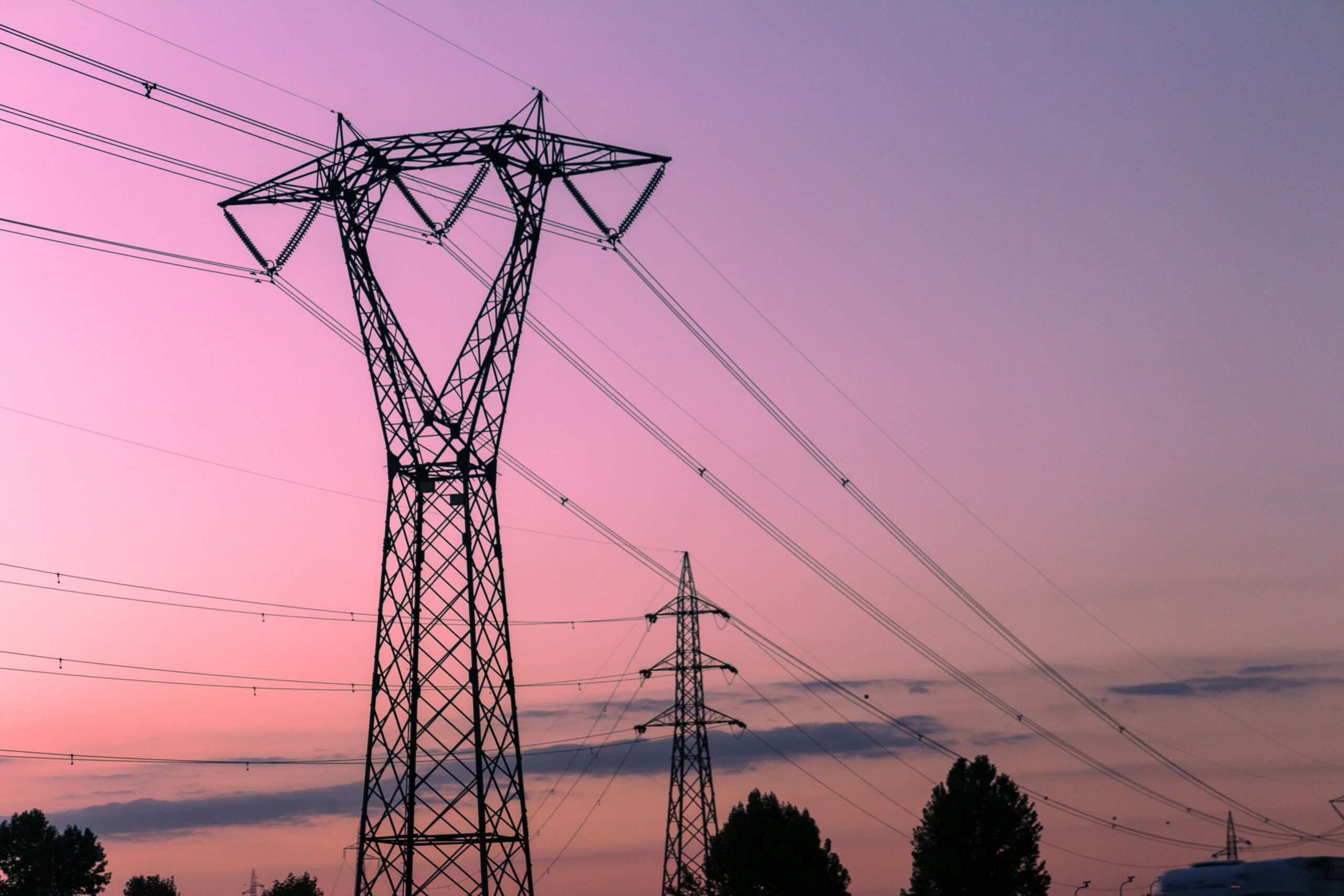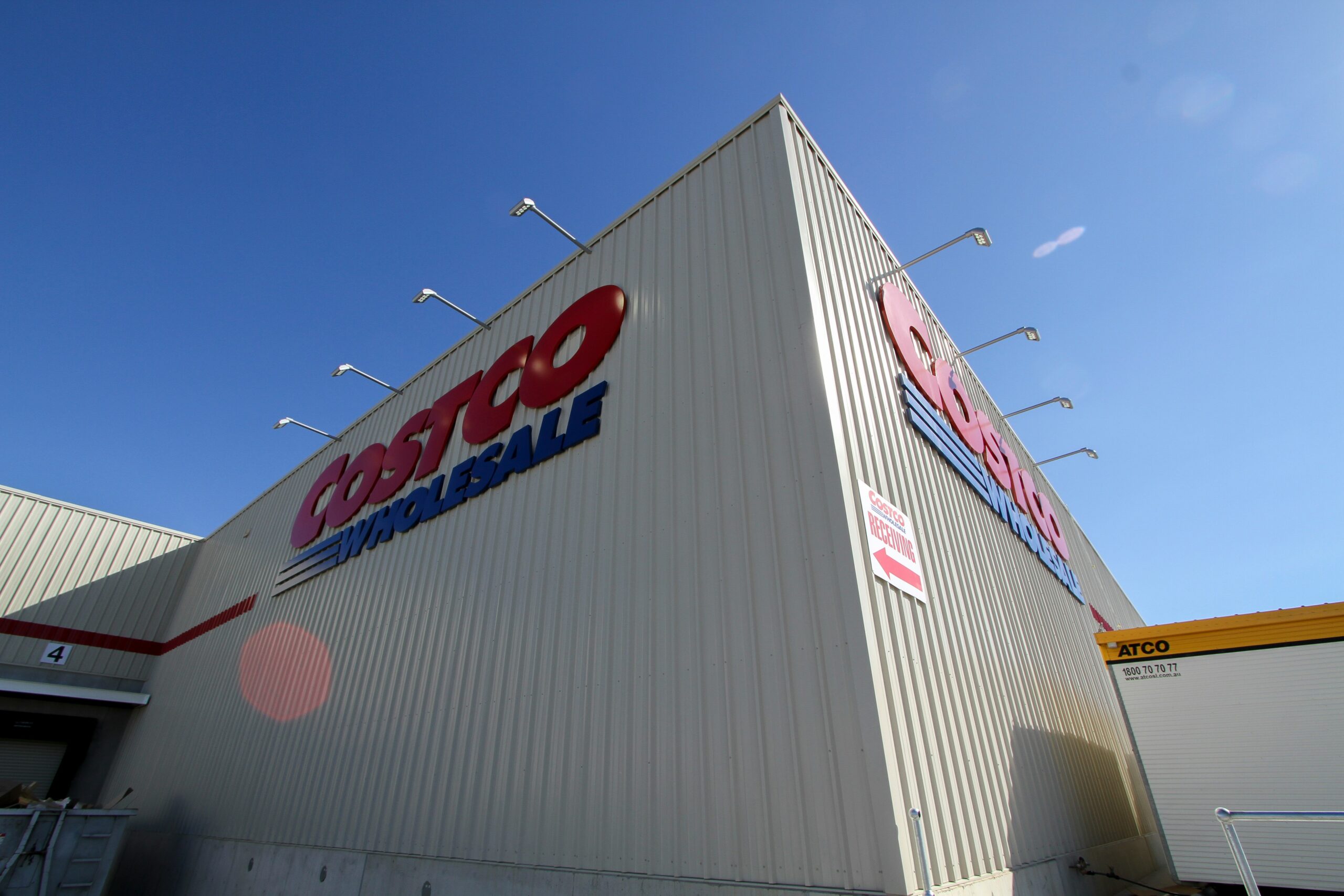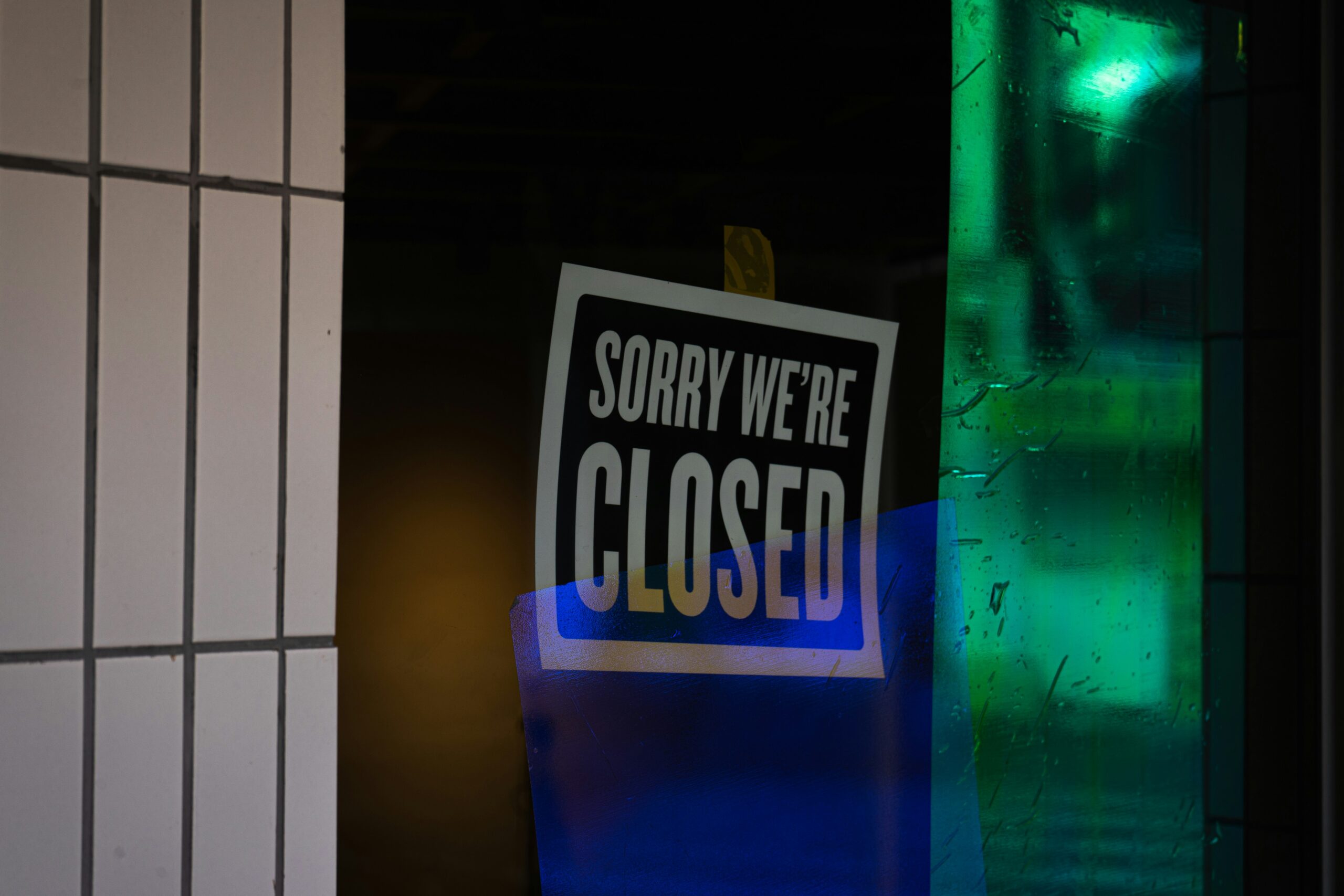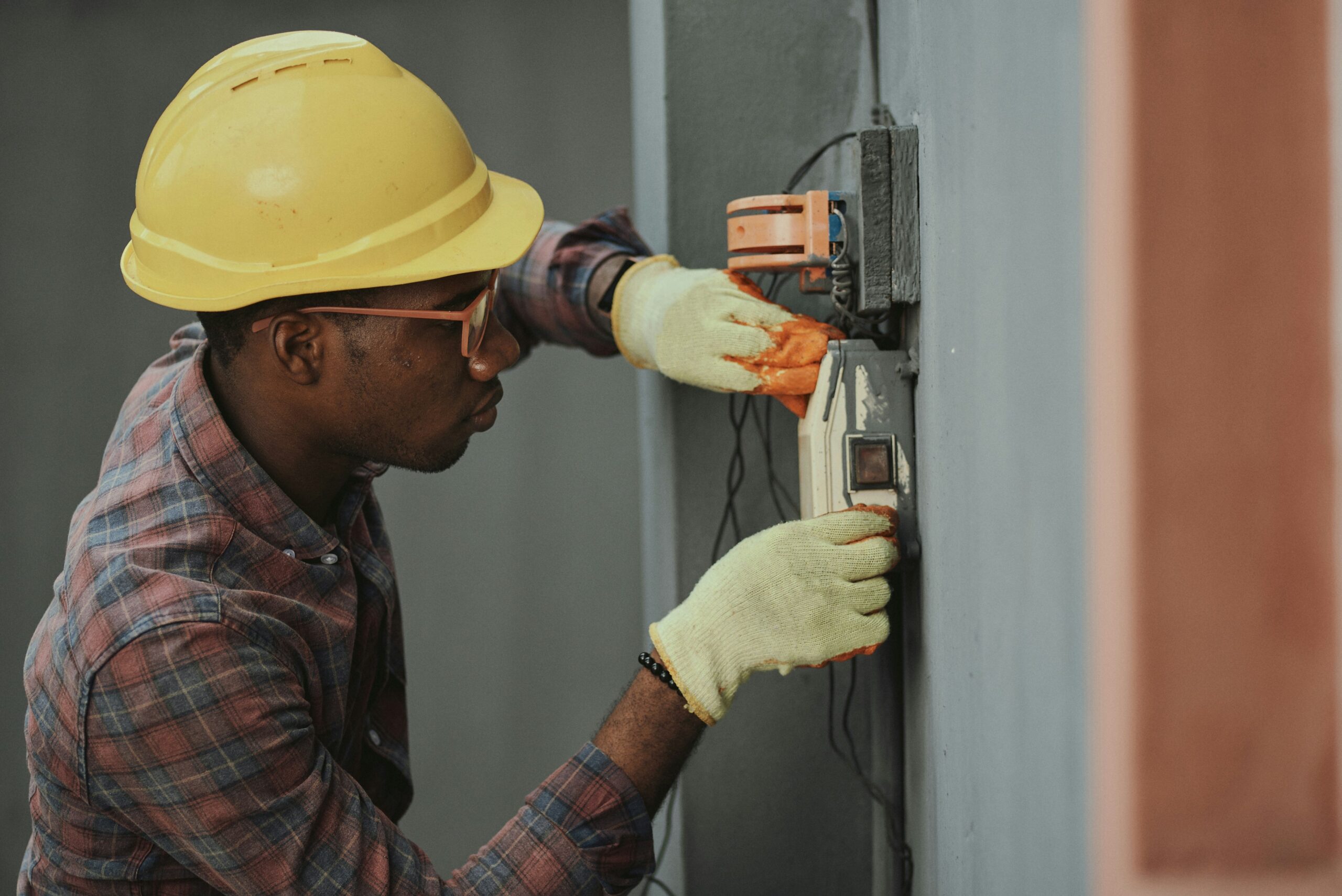Image credit: Unsplash
On Monday, December 9, the United States Department of Commerce and the National Oceanic and Atmospheric Administration (NOAA) announced they would recommend $54.3 million in awards to four organizations deemed business “accelerators.” The awards are intended to support small businesses and entrepreneurs in bringing market solutions benefitting coastal resilience and a sustainable American blue economy.
An Investment in the Future of Maritime Business
The Biden-Harris Administration’s Inflation Reduction Act funds the investment into these four organizations as part of NOAA’s ongoing commitment to build the next generation of blue economy leaders in maritime commerce.
“Today’s awards support small businesses and entrepreneurs that are building the tools, services and industries that coastal communities need to become more resilient to the climate crisis,” said John Podesta, Senior Advisor to the President for International Climate Policy. “These kinds of public-private partnerships make our economy stronger and our communities safer.”
More than 40% of the United States population lives in coastal counties. Protecting these communities and their economic output of more than $9.65 trillion is essential to the national economy in the face of climate change.
The Awards’ Potential Recipients and Value
The awards are recommended to be distributed to StartBlue Ocean Enterprise Accelerator, a part of the UC San Diego-Scripps Institution of Oceanography and the Rady School of Management; gener8or Great Lakes Innovation Accelerator, owned by gener8or Management, LLC; VentureWell Ocean Enterprise Accelerator, a part of the National Collegiate Inventors & Innovators Alliance, Inc.; and the Continuum, involving Tampa Bay Wave, Seaworthy Collective, St. Petersburg Innovation District, Braid Theory, University of South Florida, Ocean Exchange, World Ocean Council. These are recommended to receive $13.5 million, $13.4 million, $13.5 million, and $13.9 million, respectively.
Business Accelerators
These four businesses are what the Department of Commerce and NOAA call business accelerators. These organizations will provide the funding, support, and guidance to help small businesses develop essential technologies for the blue economy to scale quickly and efficiently.
“American small businesses and startups are essential for creating and launching new technologies,” said US Secretary of Commerce Gina Raimondo. “This program, made possible by the Biden-Harris Administration’s historic Inflation Reduction Act, will connect them to the funding, business support and training they need to grow and make a meaningful impact on our resiliency.”
Building Necessary Technologies in Areas of Concern
The recommended awards are intended to support the development of technologies such as ocean renewable energy, coastal and ocean carbon sequestering, monitoring and accounting, hazard mitigation and coastal resilience, and ecosystem services.
Together, these will support the construction and operation of ocean-based renewable energy, determine the efficacy of storing carbon in the deep ocean, make predictions to avoid erosion and flossing, and forecast changes in ocean ecosystems.
“This program is the first of its kind at NOAA,” said NOAA Administrator Rick Spinrad, Ph.D. “We are bringing the public and private sectors together to create sustainable business models, for technologies, products and services that tackle climate resilience needs in oceans, coastal regions and the Great Lakes.”
Collaborative Change
The four awardees would address concerns in four distinct areas by recruiting small businesses and startups to fulfill emerging needs. With the resources necessary to respond to data and global change, these organizations will be empowered to become difference-makers.
“This program is about collaboration, partnership and most importantly, sending the signal that there is demand for ocean-based products and services to support the blue economy,” said U.S. Integrated Ocean Observing System (IOOS) Office Director Carl Gouldman. “NOAA is not only a funding partner, but also brings together Ocean Enterprise stakeholders and clients for these products and services ourselves. We’re asking what’s needed, listening to the response, and advancing solutions to meet the growing demand for ocean, coastal and Great Lakes information.”
